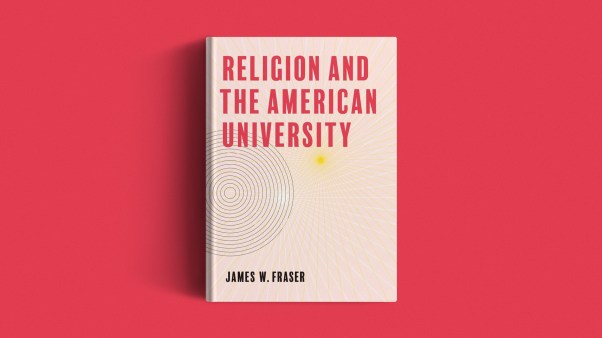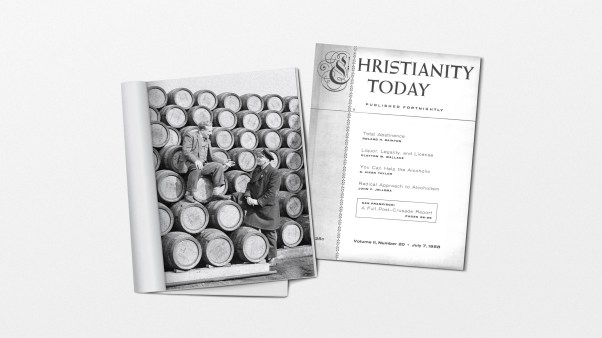Augsburg, November 1 (ENI)—The Vatican’s senior official for ecumenism has suggested that the joint declaration signed this weekend between the Roman Catholic Church and the Lutheran World Federation could provide a model for other ecumenical agreements.
Cardinal Edward Cassidy, the Australian-born president of the Vatican’s Pontifical Council for Promoting Christian Unity, speaking to journalists in Augsburg before the official signing of the Joint Declaration on the Doctrine of Justification, described the document as a “fine way of working in dialogue.”
“We have discovered something we didn’t realize existed before we came to it,” he added. Pointing to the results of the first Anglican-Roman Catholic International Commission (ARCIC*I), he said there had previously been bilateral discussions whose results had been officially received by the participating churches. But the method adopted in the joint declaration might be a “better way”, he suggested.
However, describing the joint declaration as being “very much a Lutheran-Roman Catholic document”, he played down the idea that other confessions might be invited to add their name to the joint declaration.
Before becoming president of the pontifical council, Cardinal Cassidy, who is now 75 years old, had a long career as a diplomat in the Vatican’s embassies—apostolic nunciatures—in India, Ireland, El Salvador, Argentina, Taiwan, Bangladesh, Southern Africa and The Netherlands.
Asked whether he felt that at a time when there was convergence on doctrinal matters, there were new sources of divisions between churches because of ethical or social issues—as has been suggested in recent weeks by Cardinal Joachim Meisner of Cologne, Germany—Cardinal Cassidy said that there had “certainly” been “a new source of tension between churches” in recent years.
Citing views on abortion and the ordination of homosexuals, Cardinal Cassidy mentioned the United States, where “some ethical questions are causing problems for our two churches”.
“Bishops find themselves so divided on questions in the public square that this harms the good relations that existed before,” he said. But he added that this was “not quite the same as doctrinal questions that go to the heart of future relationships.”
Journalists also asked Cardinal Cassidy about the Vatican’s original response to the joint declaration, published last year, which many observers believed cast doubt on the Vatican’s willingness to lift the doctrinal condemnations of Lutheran teachings. This had led to suggestions that the Vatican might be divided on the issue.
But the cardinal denied that there was a “high-level minority opinion” within the Vatican opposing the joint declaration, although there had been a “certain uneasiness on the part of some bishops” when they first read the document.
“You may find a lone voice, but I haven’t heard it,” he said, pointing out that the joint declaration had been discussed by Catholic bishops in Germany and the US, and by the Vatican’s Congregation for the Doctrine of the faith. It had also been approved by Pope John Paul II.
Later, interviewed by ENI, Cardinal Cassidy said that he had been “very surprised” by the interpretation that had been put onto the Vatican’s original response, “because we had not intended the response to be as negative as it was seen to be by the Lutheran World Federation”.
He suggested that the root of the problem could have been the existence of “two mentalities.” According to the Vatican mentality, “we so often say, ‘Yes, but,’ without meaning to put much emphasis on the but,” he said. “It’s the yes that is important … but the reception was to look at the but.”
Asked whether there was a difference in perspective between those at the Vatican who, like himself, were involved in ecumenism, and other officials, Cardinal Cassidy said that there was “tension in every church at the moment between those who are involved in ecumenism and those who have little experience of it”.
“You have in every community … those people who feel more secure with the old ways and those who feel a little uncertain about something new that’s taking place.”
In recent weeks, the joint declaration and the “official common statement” which was drawn up this year to deal with some of the issues raised in the Vatican’s original response have been the target of fierce criticism by a number of Protestant theologians in Germany. They have claimed that the official common statement is in fact simply a reformulation of the traditional Catholic teaching, as expressed at the Council of Trent in the 16th century, which condemned what it believed to be Lutheran teaching on justification.
But Cardinal Cassidy rejected the suggestions, describing the new document as having been “drawn up in consultation between the Lutherans and ourselves, so it’s not a repetition [of the Council of Trent] at all.
“You’ll find the Formula of Concord [a fundamental statement of Lutheran doctrine] quoted, that’s not a Catholic document, there’s no mention of the Council of Trent.”
The official common statement had clarified some of the points which the Roman Catholic Church had felt were not clear enough in the joint declaration itself, Cardinal Cassidy, “but I don’t think there’s anything there which is contrary to traditional Lutheran understanding. If there is, of course that is for the Lutherans to say.”
Asked whether there was anything in the official common statement contrary to the Council of Trent, Cardinal Cassidy said: “Absolutely not, otherwise how could we do it? We cannot do something contrary to an ecumenical council. There’s nothing there that the Council of Trent condemns.”
He added: “Today we are not making any judgment about who was right and who was wrong, who was the winner and who was the loser.”
The joint declaration had looked at today’s Catholic and Lutheran teaching, he said, and had found nothing in contemporary teaching that was contrary to the “two traditional strands” of the Council of Trent and the Lutheran confession.
Asked how things would be different on 1 November, the day after the signing of the joint declaration, Cardinal Cassidy said “one day doesn’t make a difference”.
“What will be important after the 31st will be how the two communities take this forward, how they bring it out into the lives of the communities, how the whole process of unity goes ahead.
“We know now from what we have done that good will is there, we know that the divine assistance is there. Now it’s up to us to take up the challenge. The Lord will not do it without us. If we sit down and do nothing, nothing will happen … We’ve shown we can overcome even the very profound and fundamental problems. But it takes hard work.”
Copyright © Ecumenical News International
Related Elsewhere
See our past coverage of the Lutheran-Catholic Justification Declaration:
The full text of the Joint Declaration on the Doctrine of Justification
Reformation Day Celebrations Ain’t What They Used to Be | The Lutheran-Catholic Justification Declaration is a good step, but it’s only a beginning. By Douglas A. Sweeney
Justified By Works | Yes, we are justified by works. But it’s whose works that’s important.
Are We Speaking the Same Language? | What Catholics really believe about justification—and why defining our terms makes all the difference. By Professor Donald Bloesch and Father Avery Dulles
Copyright © 1999 Christianity Today. Click for reprint information.








